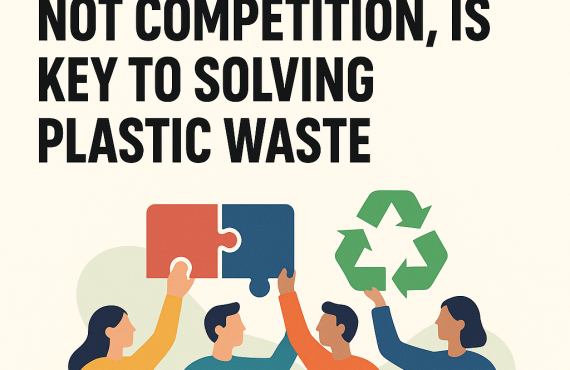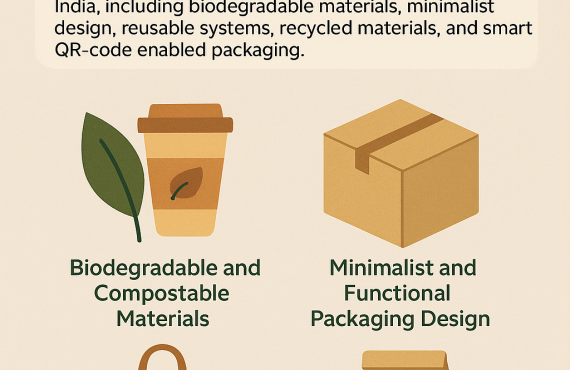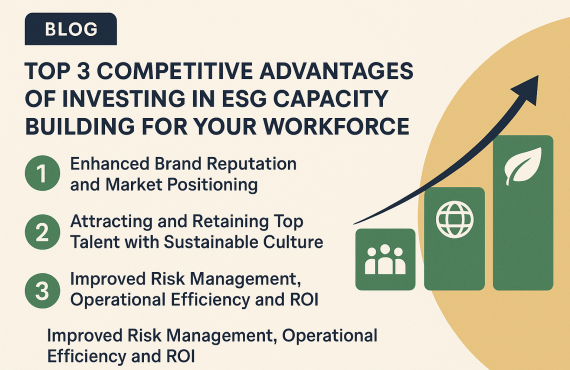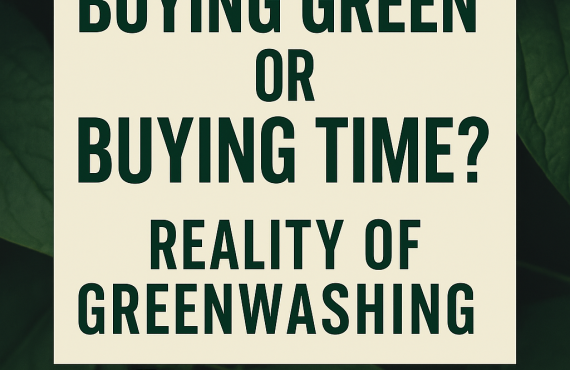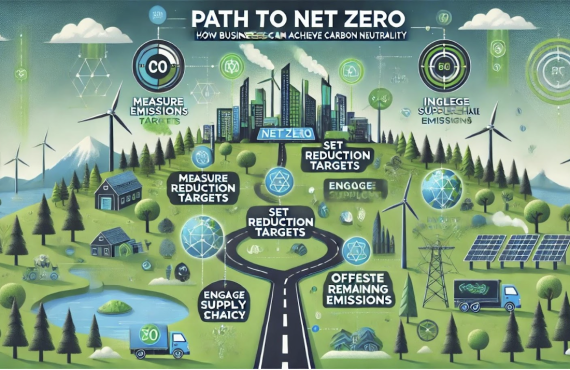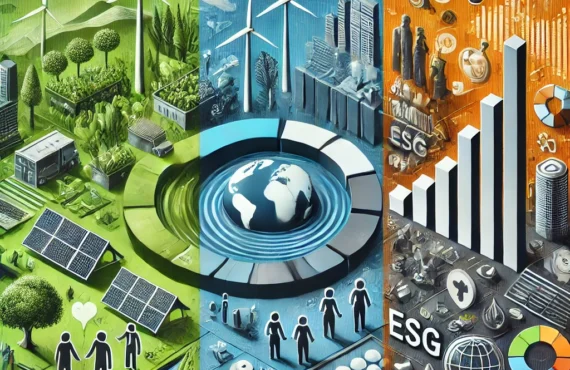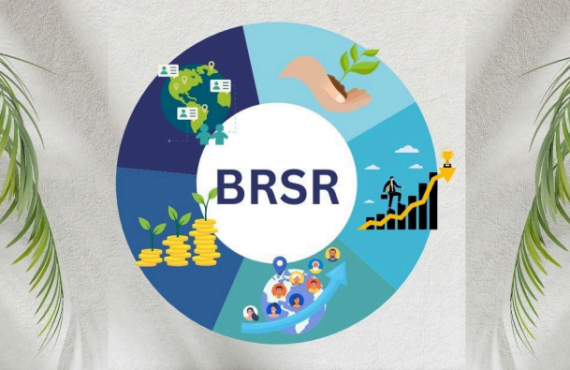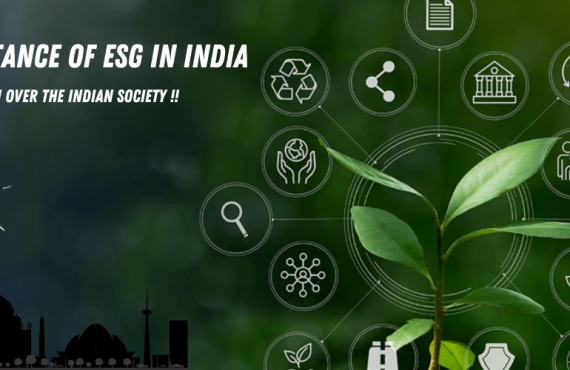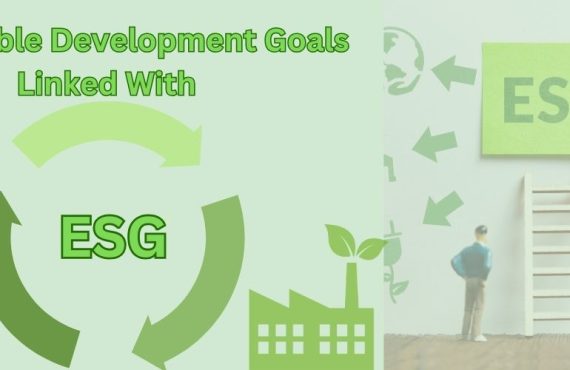In today’s fast-paced world, sustainability is no longer just a feel-good term — it’s a key ingredient for long-term business success. Companies that set green goals are discovering they can reduce costs, boost profitability, and build stronger connections with eco-conscious consumers. Let’s dive into how going green can unlock bigger gains for businesses.
Why Green Business Practices Matter
Adopting eco-friendly business strategies isn’t just good for the planet; it’s essential for staying competitive. Here’s how sustainability is transforming the business landscape:
-
Boosting Profitability While Cutting Costs
Going green often leads to leaner, more efficient operations. By improving energy efficiency, reducing waste, and optimizing resources, businesses can lower operating expenses while shrinking their carbon footprint. For instance, sustainable supply chain management can reduce excess inventory, cut transportation emissions, and streamline logistics, all of which add up to significant cost savings.
Moreover, businesses that embrace renewable energy, like solar and wind power, can shield themselves from fluctuating energy costs and even generate surplus energy to feed back into the grid, creating an additional revenue stream.
-
Building a Resilient, Trusted Brand
Consumers today care about sustainability, and businesses that prioritize eco-friendly practices have a competitive edge. Companies that follow environmental, social, and governance (ESG) principles build trust and loyalty among customers who want to support ethical brands. A strong ESG profile can also attract socially responsible investors and enhance shareholder value.
In addition to attracting consumers and investors, sustainability-focused companies often enjoy better relationships with other stakeholders, including suppliers, regulators, and local communities. This holistic approach strengthens a brand’s reputation and long-term resilience.
-
Creating a Long-Term Competitive Advantage
Sustainability isn’t just about doing the right thing — it’s also a smart business strategy. Companies that innovate with green products, adopt circular economy principles, and implement
sustainable business models can future-proof their operations and stand out in a crowded marketplace.
Businesses that integrate circular economy practices, such as upcycling, product-as-a-service models, or waste-to-value systems, can further enhance profitability while reducing their environmental impact. This dual focus on innovation and sustainability helps businesses remain relevant and resilient.
-
Staying Ahead of Regulations and Reducing Risk
As governments tighten environmental regulations, businesses that proactively adopt green practices can stay compliant, avoid fines, and mitigate risks related to climate change, resource scarcity, and shifting consumer expectations.
By staying ahead of regulatory trends, businesses can also influence policy discussions, gaining a seat at the table when new rules and standards are established. This proactive approach can give forward-thinking companies an additional strategic advantage.
Green Business Strategies That Deliver Results
To reap the benefits of sustainability, businesses can implement these practical, eco-friendly strategies:
Energy Efficiency: Invest in renewable energy, upgrade to energy-efficient equipment, and optimize energy use to cut costs and reduce emissions.
Waste Reduction: Launch recycling programs, minimize packaging, and reduce food waste to create a more circular, sustainable business.
Sustainable Supply Chain Management: Partner with eco-friendly suppliers, source sustainable materials, and reduce transportation emissions.
Green Product Innovation: Design products with longer lifespans, use biodegradable or recyclable materials, and minimize resource consumption.
Employee Engagement: Encourage sustainability in the workplace with initiatives like remote work options, carpooling, and reducing paper use.
Implementing these strategies can enhance operational efficiency, improve employee satisfaction, and position businesses as leaders in the growing green economy.
ESG Investing and the Rise of Conscious Consumers
Sustainability isn’t just a trend — it’s a growing expectation. Investors are increasingly focused on ESG performance, recognizing that companies with strong sustainability practices tend to be more stable and resilient in the long run.
Meanwhile, consumer demand for eco-friendly products is surging. Today’s shoppers are more informed and conscious of the environmental impact of their choices. Businesses that meet this demand by offering green alternatives can tap into a thriving market and build lasting customer loyalty.
Companies that leverage digital tools, such as blockchain for supply chain transparency or AI for energy management, can further enhance their ESG credentials and demonstrate accountability to consumers and investors alike.
Measuring Green Success: Tracking Impact and Accountability
To stay on track with their green goals, businesses need to measure and report on their sustainability progress. Key performance indicators (KPIs) might include reductions in greenhouse gas emissions, energy and water savings, waste diversion rates, and progress toward zero-waste or carbon-neutral targets. Transparent reporting enhances accountability and strengthens trust with stakeholders.
Many companies are also aligning their sustainability goals with global frameworks, such as the United Nations Sustainable Development Goals (SDGs) or the Science-Based Targets initiative (SBTi), to demonstrate their commitment to meaningful climate action.
Conclusion: Green Goals Lead to Bigger Gains
Sustainability isn’t a “nice-to-have” anymore — it’s a must-have for businesses that want to thrive in today’s competitive, resource-conscious world. By setting and achieving green goals, companies can unlock benefits like cost savings, increased profitability, enhanced brand reputation, and long-term resilience. Whether through sustainable supply chain management, green product innovation, or ESG-focused strategies, the journey to a greener future is also a journey to bigger business gains.
Ultimately, businesses that lead with purpose, prioritize planet-friendly practices, and stay ahead of sustainability trends will not only survive but thrive in the evolving global economy. The time to act is now — because green goals lead to bigger, better, and more sustainable gains.



